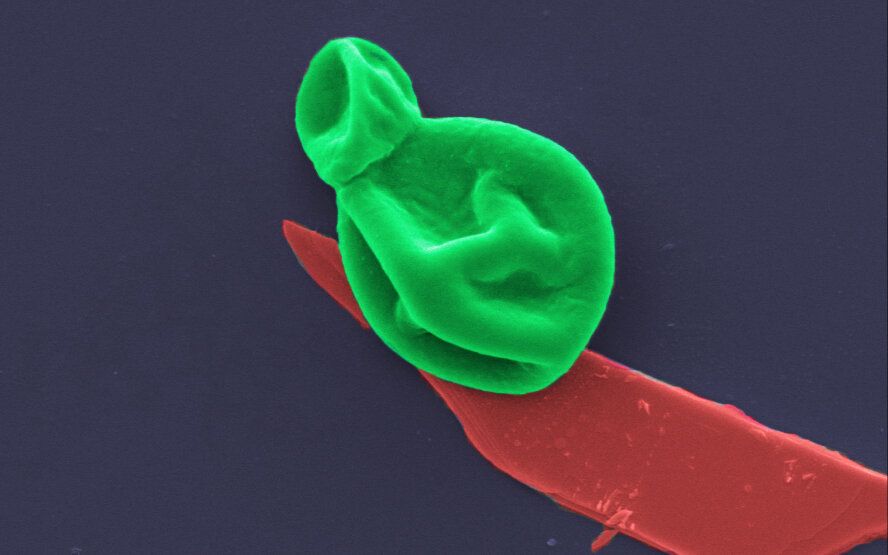
A never-before-seen particle has revealed itself in the hot guts of two particle colliders, confirming a half-century-old theory.
Scientists predicted the existence of the particle, known as the odderon, in 1973, describing it as a rare, short-lived conjointment of three smaller particles known as gluons. Since then, researchers have suspected that the odderon might appear when protons slammed together at extreme speeds, but the precise conditions that would make it spring into existence remained a mystery. Now, after comparing data from the Large Hadron Collider (LHC), the 17-mile-long (27 kilometers) ring-shaped atom smasher near Geneva that’s famous for discovering the Higgs boson, and the Tevatron, a now-defunct 3.9-mile-long (6.3 km) American collider that slammed protons and their antimatter twins (antiprotons) together in Illinois until 2011, researchers report conclusive evidence of the odderon’s existence.


















